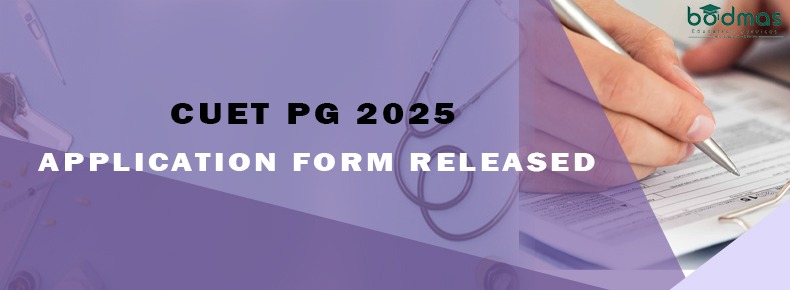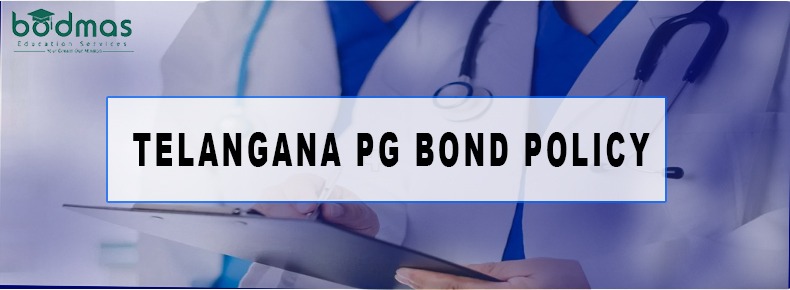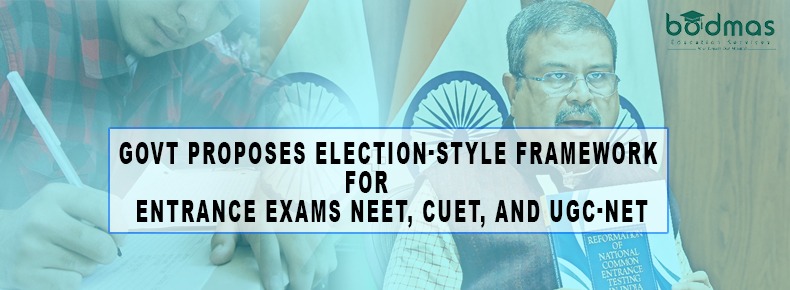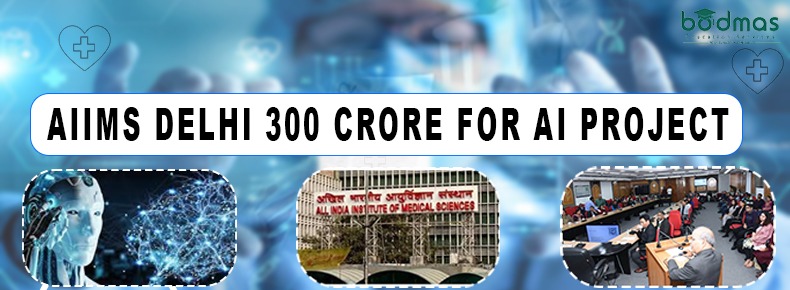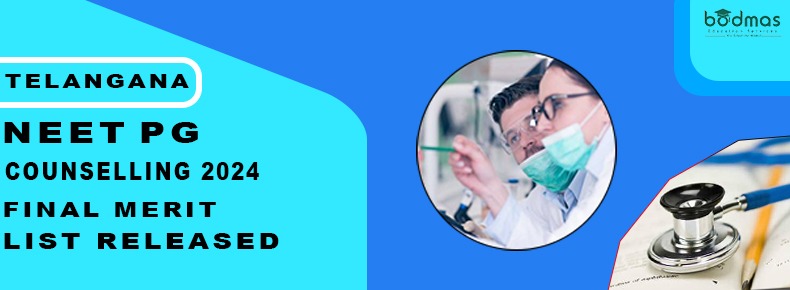NRI Quota Document Checklist for KEA NEET-PG Counselling 2024
Bengaluru: As the Karnataka Examinations Authority (KEA) prepares for the NEET-PG counseling process, candidates applying under the NRI (Non-Resident Indian) quota need to ensure they have all the necessary documentation in order to avoid any delays in their application. The process requires specific paperwork that validates the candidate’s eligibility under the NRI category.
For NRI applicants, here is a comprehensive list of documents required for a smooth and successful counseling process:
1. Embassy Documents
One of the first and most crucial documents is proof of the sponsor’s NRI status, which must be issued by the relevant embassy. The candidate must submit the Annexure 17 form (NRI Sponsorship Certificate), which attests to the financial sponsorship from the NRI. While it is generally required to be attested by the embassy, candidates should confirm with KEA if a non-attested version may be accepted based on the latest guidelines.
2. Bank Statement
A bank statement of the NRI sponsor, showing the most recent two months of transactions, must be submitted. This statement is vital to demonstrate the financial capability of the sponsor to support the candidate’s education. It is advised that the statement reflects sufficient funds to cover tuition fees and other academic expenses.
3. Passport & Visa Copies
Applicants must provide clear copies of the passport and valid visa of the NRI sponsor. These documents will verify the sponsor’s NRI status and their legal residence abroad.
4. Family Tree Certificate
To confirm the relationship between the candidate and the sponsor, a Family Tree Certificate is required. This document, issued by a local authority (such as a Tahsildar or equivalent), should clearly establish the familial connection. This helps ensure the legitimacy of the sponsorship.
For candidates applying under the NRI quota for KEA NEET-PG counselling, thorough preparation and attention to documentation are key to securing a spot in the counselling process. The NRI quota is a valuable opportunity, and ensuring that all paperwork is in place will help candidates navigate the counseling procedure with ease. Applicants are encouraged to check the official KEA guidelines and stay updated on any changes to the documentation requirements.





















